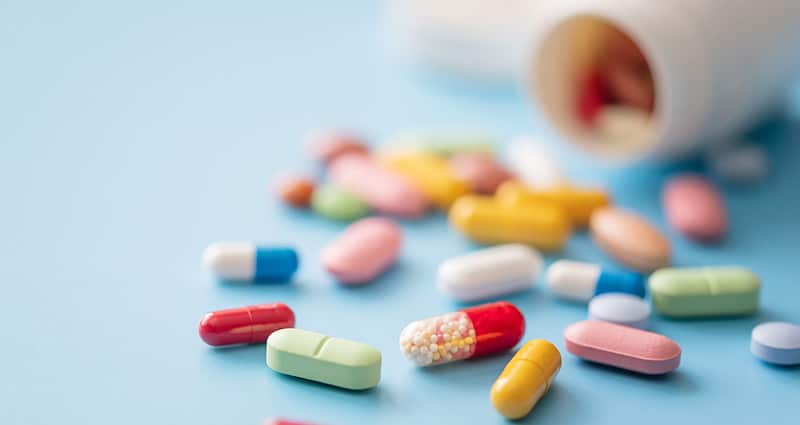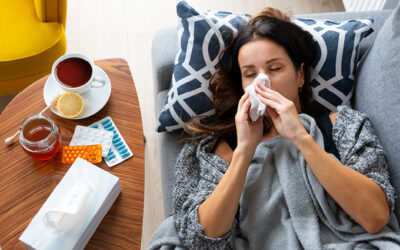Our children are maturing faster than ever. They have technology at their fingertips to ask any question and find answers, including answers to resolve a debate with you. That same technology can also be a gateway for your kids or their friends to access drugs.
Earlier this year, a middle schooler brought drug-laced treats to school and two children were taken to the hospital for treatment. This incident serves as a reminder for parents of one more tough conversation we need to have with our kids. We asked Our Lady of the Lake Children’s Health pediatrician Dr. Lisa Le for her thoughts and advice to help parents keep our kids safe from drugs, especially those they may come across at school.
Sharing is Caring, Except with Food and Drink
When our children are small, we constantly teach them the importance of sharing. But they also must learn that food and drinks should not be shared in the same way. As schools try to slow the spread of COVID-19, sharing food is much less common, but it’s important for kids to remember:
- Do not eat anything that is unpackaged or already open that you did not bring yourself.
- Don’t share drinks or food with your friends or eat anything they offer you at school. This also protects you from contagious illnesses like colds, stomach viruses or COVID-19.
Risks of Marijuana Use on Young Brains
The legalization of marijuana for recreational use in some parts of the country has harmed doctors’ message of educating teens about the risks, and they may believe it’s safe for them to use marijuana recreationally too. But the risks of drugs to developing brains cannot be overstated, and that includes marijuana.
Studies show that marijuana use in adolescence and earlier affects brain development, leading to problems with memory and concentration, which create school difficulties. While under the influence of marijuana, teens may have increased aggression, greater risk of car accidents and risky sexual behaviors. And for those teens with underlying mental health conditions, marijuana use can increase risk of suicidal thoughts, depression, anxiety, mood changes and psychosis.
Tips for Having Conversations About Drug Use
No matter your child’s age or personality, it’s never too early to talk with them about important matters and to listen to them when they need you the most.
- Start the conversation casually. Whether it’s something you see together on TV or something else that brings up the subject, you can ask, “Hey, do you know if your friends ever tried this?” or, “Do you think you would try it?” or even, “Have you tried it?”
- Be prepared for the answer. The percentage of students who have tried marijuana or actively use it, maybe secretly, may be higher than you expect. You shouldn’t penalize kids for telling the truth, and don’t be shocked if they say they have tried a drug like marijuana. It’s much more common to be able to access those products now, in ways that didn’t exist during our childhoods or if they did weren’t as easily accessible.
- Talk about substances that can be bought online. These are also at risk of being laced with chemicals or substances even more dangerous than marijuana itself. No matter the name, vaping, e-cigarettes, juuling, e-hookahs and the like are all unregulated by the FDA and unsafe for children and teens.
- Be honest. For parents who have experience with using drugs once or twice themselves, sharing your stories could allow honest conversations. With younger kids, or those who have not tried drugs, role playing can be a way to practice what they might say when offered drugs.
Staying Connected
Knowing your kids’ friends and their friends’ parents is important for keeping kids safe, including safe from drugs. Parents must stay engaged with their kids, and it’s important to teach them some street smarts; it can’t be all book smarts.




